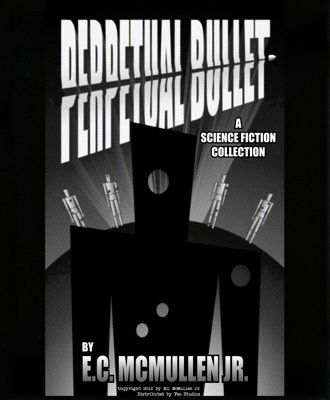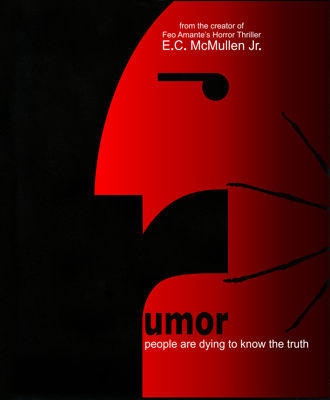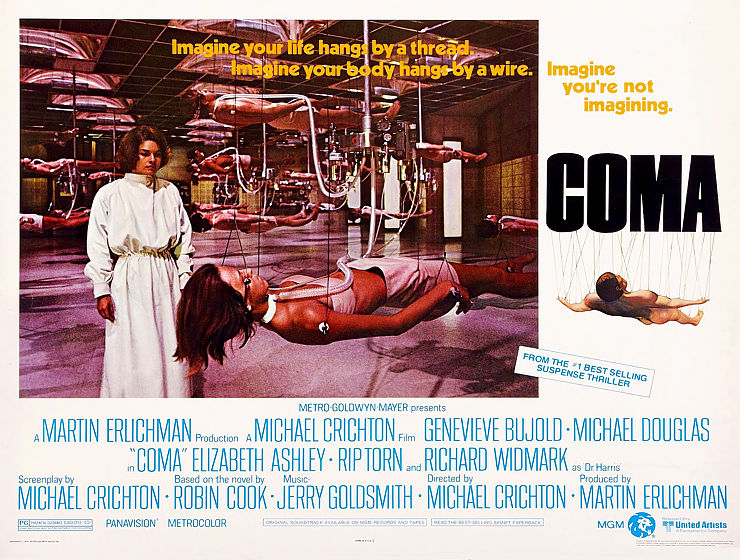
How on earth can a movie nearly half a century old still be relevant?
Because writers Robin Cook (Novel) and Michael Crichton (Screenplay and Director), never wrote their medical thrillers about modern technology, but about technology that we could have right now, BUT don't: usually due more to ethics than medical advances.
For Robin Cook this means his stories often revolve around an unethical villain. A villain whose real passion isn't in modern medical advances, or experiments that will lose a few lives now but save thousands in the future. No, Cook's villains are often people who want to murder other people because, like Tomas Harris' Hannibal Lector, he enjoys it. Of course the villain wants to harm others without the experiencing harm his or herself: without being caught.
The villains may excuse themselves or behavior with the cloak of "For the greater Good". But so what? All criminals make narcissistic excuses for their vile behavior and, the more vile it is the loftier they make their excuses: shooting right up to a supreme being that has granted its grace toward wholesale torture and slaughter of all living creatures in the name of peace.
Or whatever.
In novel after novel, particularly with Cook, the villains are intelligent enough to have not only figured out how to get away with murder, but how to monetize it, build an infrastructure around it, jobs on paper so the government will defend and support it, and so spread the culpability around.
Thomas Harris's Hannibal Lector, and his madness, forces him to operate alone, often in hiding, trusting no one and keeping secrets he dare not share.
Lector has nothing on Cook villains, who are bold enough to buy off politicians to make "compassionate" laws, with the real intent behind them being that the volumes of regulations are knotted just enough to allow an evil person all of the bureaucratic loopholes needed to hide in plain site and even be respected for the false cover they've created.
This is how the sinister technology behind Cook and Crichton's work stays relevant. We have the tech, but no one is brazen enough to be the first. Instead, we know its always there, waiting in the shadows, yet never (as far as we know) used. That's the powerful engine that drives the movie COMA.
This article copyright 2025 E.C.McMullen Jr.

|
| GET COVERED | |
| YOU MIGHT ALSO ENJOY (Sub-Section: INSTITUTIONAL HORROR!) |
||
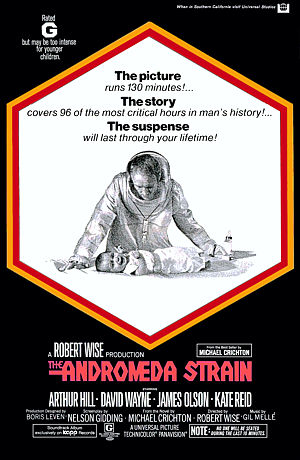 |
 |
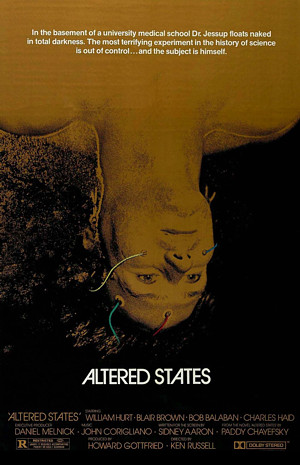 |
| THE ANDROMEDA STRAIN MOVIE REVIEW |
THE TERMINAL MAN MOVIE REVIEW |
ALTERED STATES MOVIE REVIEW |
FEO AMANTE'S HORROR THRILLERCreated by:E.C.McMullen Jr. FOLLOW ME @ |
| Amazon |
| ECMJr |
| Feo Blog |
| IMDb |
| Stage32 |
| X |
| YouTube |
| Zazzle Shop |
